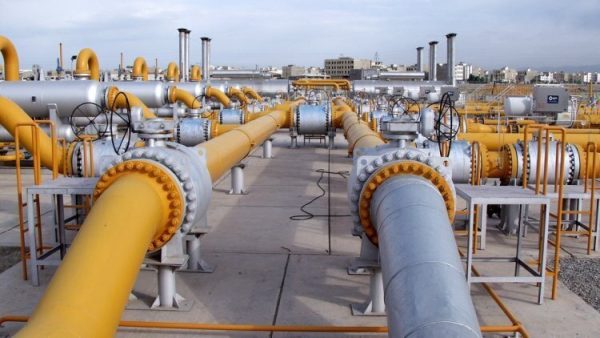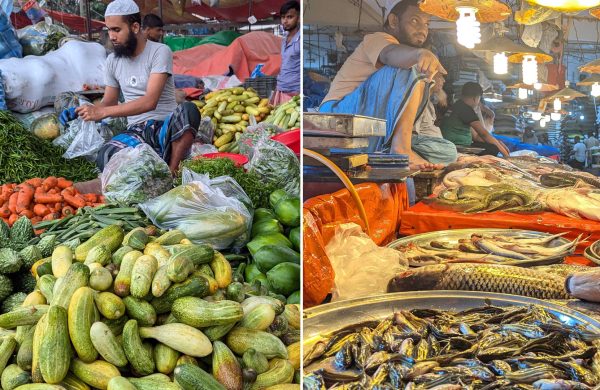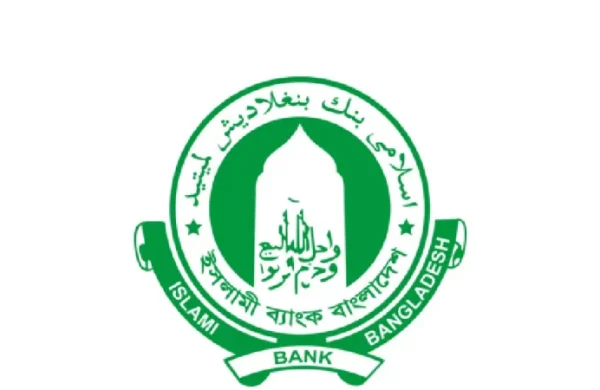$70bn investment threatened by gas crisis
- Update Time : Monday, May 5, 2025

Staff Correspondent:
A severe gas supply crisis has suddenly emerged in the textile sector, including ready-made garments, the country’s top export-earning sector. As a result, industrialists and exporters have become deeply concerned. The crisis has forced four industry associations to issue advertisements in the media to draw the government’s attention.
According to the recently published advertisement, although gas prices have increased by over 300% in recent years on the promise of uninterrupted supply, factories in this sector have been facing a severe gas crisis for the past two weeks.
Due to this, production in many factories has been partially or fully shut down.
Since the factories are unable to maintain production, global buyers are having to receive products via air freight at additional cost to meet delivery deadlines. This is causing exporters to suffer huge financial losses.
Meanwhile, industrialists have stated that the gas crisis has caused chaos in the industrial sector.
Within just one year, hundreds of factories have shut down. Export income has decreased. Investment has stalled. Employment is not increasing.
If the industrial sector is not saved, economic growth will come to a halt. Therefore, strong initiatives must be taken to meet gas and electricity demands in the industry. Entrepreneurs fear that if the gas supply is not increased quickly, domestic production will fall and export earnings will be severely affected. This will further intensify the dollar crisis.
In this context, Shawkot Aziz Russell, President of the Bangladesh Textile Mills Association (BTMA), that despite repeated appeals to the relevant government departments to resolve the crisis, entrepreneurs have not received any solution.
Hence, they were compelled to publish advertisements to attract the government’s attention.
He said that even though government authorities have repeatedly increased gas prices in the name of uninterrupted energy supply, many factories have closed due to a lack of adequate gas, and several others are on the verge of closure. On one hand, the government talks about attracting foreign investment; on the other, domestic investors are shutting down factories and heading toward bankruptcy. He further stated that although the government has various plans and promises regarding the energy crisis, none of them have been implemented.
According to Petrobangla sources, the current gas demand in the country is approximately 4,200 million cubic feet. On Sunday, 2,666 million cubic feet of gas was supplied. The shortfall was 1,534 million cubic feet. Out of the 2,666 million cubic feet supplied, 1,835 million came from domestic gas fields and 831 million from imported liquefied natural gas (LNG).
Mohammad Faruque Hassan, former president of BGMEA, the top association of apparel manufacturers and exporters, said that the gas crisis in the industry has worsened. More LNG and LPG should be imported, along with the drilling of new wells. This process also needs to be made regular. If necessary, a portion of export income (in foreign currency) should be specifically allocated for fuel imports.
The advertisement also stated that despite the severe crisis, no planning or roadmap has yet been provided by the relevant government bodies, particularly the Ministry of Energy, BERC, Petrobangla, and Titas. Therefore, considering the overall situation, the government must immediately ensure uninterrupted gas supply to the textile and garment sector as a top priority, at any cost.
The government should also take steps to stop system loss, disconnect illegal connections, instruct BERC, Petrobangla, and Titas to avoid profit-making motives, and withdraw VAT at all levels of gas supply.
Citing the main reason for the sudden gas crisis, it said that to increase electricity and fertilizer production, gas supply to industries has been reduced. Within the Titas network alone, daily gas supply to the industrial sector has decreased by 100 million cubic feet. Additionally, about 20% of gas is lost during processing (system loss).
Factories under BTMA, BGMEA, BKMEA, and BTMA contribute about 85% to the country’s exports. Even though export-oriented businesses should be prioritized in gas supply, that is not happening. As a result, these key export-earning institutions are unable to operate their production normally due to gas shortages.
Most textile mills and garment factories have been found to have zero gas pressure. If this situation continues, the $70 billion investment in the textile and garment sector under BTMA, BGMEA, BKMEA, and BTMA will be under serious threat.
It also mentioned that if the crisis continues, the country’s economy will be negatively affected. Exports will decrease. Foreign reserves will decline. The government’s recent initiatives to repair the macro economy will be hindered.
There will be concerns over bank loan repayments and payment of workers’ wages.
What is more alarming is that no new jobs are being created, and there are concerns over whether the wages and benefits of current workers can be paid.


















